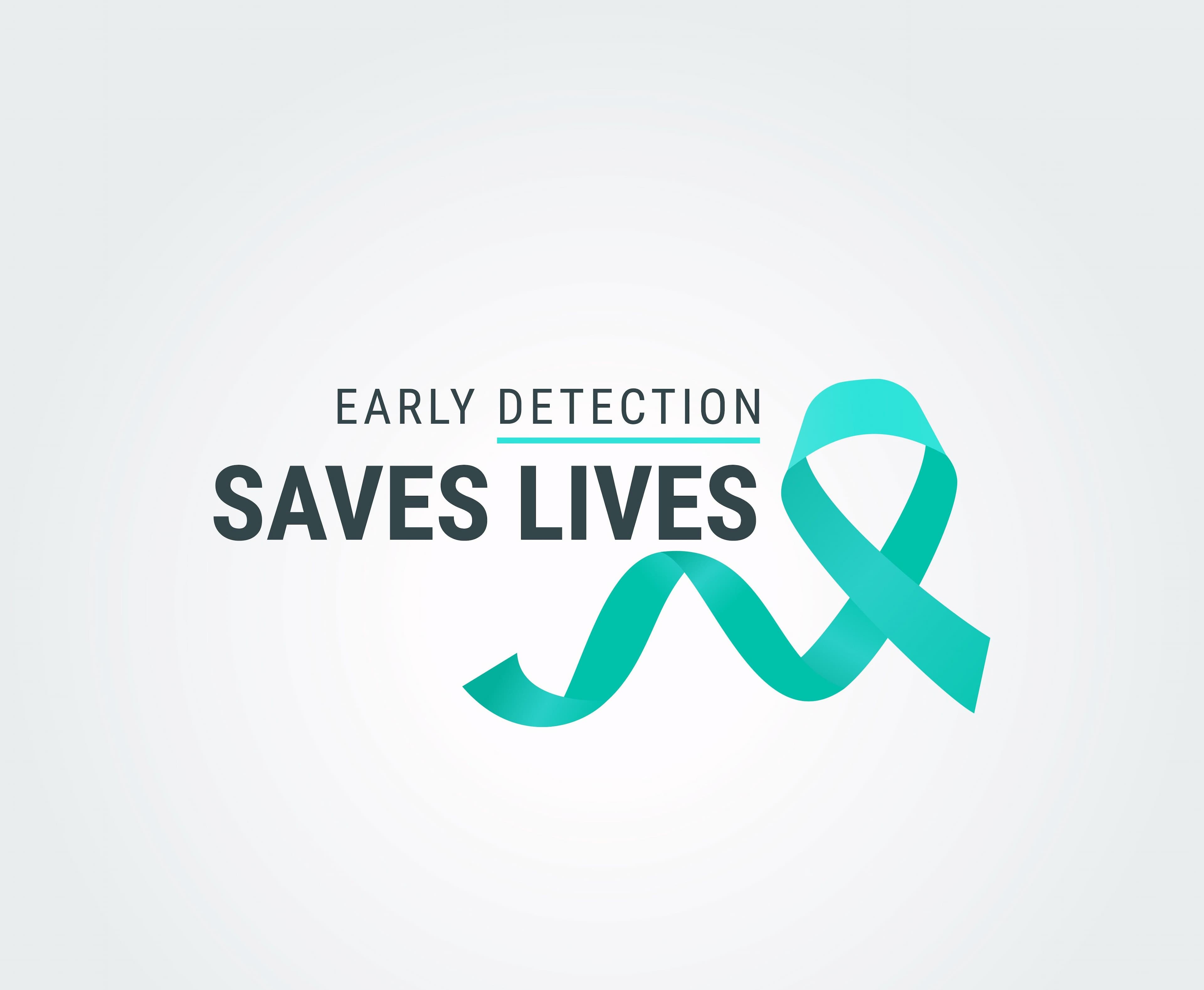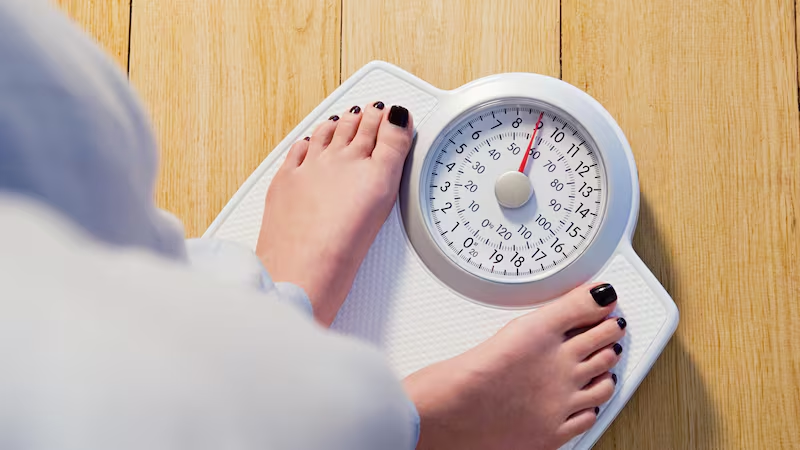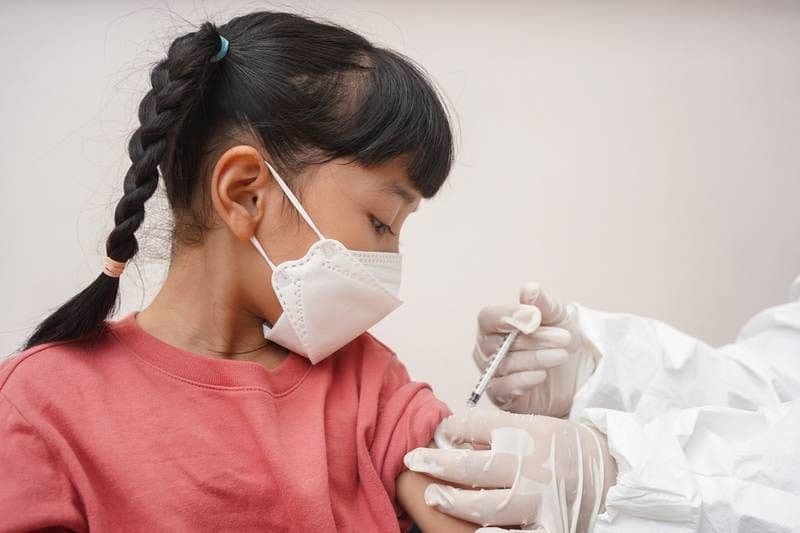
UAE doctors urge people to get seasonal flu vaccine amid rise in cases
Parents asked not to send children back after the half-term break if they are sick
The UAE has experienced a rise in flu rates in recent weeks, with doctors saying it is not too late to get the seasonal vaccination.
Schools and hospitals in Dubai, Abu Dhabi and Sharjah said they have collectively recorded hundreds of cases of fever and other flu-like symptoms.
“We are anticipating a rough influenza season,” said Dr Ravi Arora, an endocrinology specialist at NMC Specialty Hospital in Abu Dhabi.
“This year the wave has started much earlier, even before the real winter has arrived."
"Normally, we expect this to arise in November or early December but we’ve been seeing cases for the last couple of weeks. Covid hasn't fully gone yet, so that's on top of the influenza cases."
February and early March is normally the peak, he said.
The flu vaccine was introduced last month and the government advised everyone to get vaccinated, particularly people with underlying medical conditions.
On Friday, pupils will break up for a week's holiday for half term before returning on October 24.
Schools could experience a rise in cases once pupils return from holidays, and headteachers said parents should not send children in if they are sick.
Dr Maha Ahmed, 29, a dentist, is nine months pregnant. She caught the virus from her 2-year-old son. She has been in a Dubai hospital for the past three days.
"The fever is refusing to go down. I'm told that I am severally dehydrated," she told The National.
"I'm very worried about my unborn baby. I was told today that my condition is stable but I've never been through anything this bad before.
"Covid didn't end me in the hospital. I don't think this should be taken lightly and people shouldn't put off taking the vaccine."
Mohammad Al Qassem, head of education at Al Shola Private School in Sharjah, said he has one class in which 12 pupils out of 30 are absent.
“We’ve noticed many cases coming to the school clinic with a high fever of around 38°C and above since the beginning of last week," he said.
Pupils were told to remain home if they have any symptoms.
“This has been slightly challenging because it is exam week and pupils insist on coming to school,” he said.
'With masks removed, we've stepped up precautions'
Shiny Davison, principal at the Indian Academy in Dubai, said the school has about 35 to 40 children off out of 1,200 pupils.
“We have sent a circular to parents and informed them that they must be careful," she said.
"We have a school doctor who gives lessons to pupils on how to prevent infection and take care of themselves. With masks removed, schools have stepped up measures to ensure infections do not go up."
Lisa Johnson, principal at the American Academy for Girls added: “I did tell the pupils when the masks came off that if they had sniffles, to take a Covid test and wear a mask even if the result was negative."
Symptoms are a high fever that could go up to 40°C, a runny nose, sneezing, sore throat and sometimes vomiting.
Dr Nawal Al Kaabi, paediatric infectious disease consultant at Sheikh Khalifa Medical City in Abu Dhabi, said flu cases were expected to be the highest since before the coronavirus pandemic.
“Because of distance learning and restrictions, numbers were very low, but because of the recent return to normalcy and the reduction of restrictions, we do expect an increase in influenza cases," she said.
“People should get vaccinated, particularly those with risk factors. Handwashing is more effective than wearing masks.
"This isn’t as serious as Covid but can be for high-risk groups. It can also be easily prevented."

